Choosing your protein powder
Protein is an important part of any balanced diet, but even more so following weight loss surgery. We recommend a minimum intake of 60-80g of protein per day, but for some people, your protein requirements may be even higher than this.
Ensuring adequate protein intake will assist with maintaining lean body mass (LBM), increasing satiety, reducing weight regain, and reducing metabolic stress.
Reaching your protein targets can be challenging in the early weeks post-surgery whilst you are recovering. But there is a good range of protein powders that are available to help supplement the foods you eat.
Protein powders can be found as flavoured and unflavoured. Flavoured protein powders are often a great choice to add to water to sip on throughout the day; while unflavoured protein powders can be mixed into soups, casseroles, smoothies, jellies, baked goods, etc, making every bite you take count for a little more protein towards your daily target.
Read on to find out more about the different types of protein powders available and to work which one will be best for you.
Whey protein isolate (WPI)
This would have to be our pick of the bunch. Whey is a complete protein, meaning it contains all 9 essential amino acids. It is a powdered by product of milk and cheese-making, which has been processed and refined to ensure a high protein content (~90%) and a low fat and carbohydrate content. Since it is so low in carbohydrates, it is also low in lactose and often tolerated by people
with a lactose intolerance.
WPI mixes easily into water, milk, smoothies, and yoghurt; when mixing into hot meals such as soups, sauces, and casseroles, aim to add the powder after the meal has cooled a little and just before consumption. WPI is best to be kept below 70ᵒC and therefore not the best choice for baking.
Whey protein concentrates (WPC)
WPC is very similar to a WPI, the key difference is that it is less refined so it will have a slightly lower protein content (~75-80%) and slightly higher fat and carbohydrate content. This does have its benefits, as it will breakdown slower in the body and may help keep you feeling fuller for longer.
Note that due to its slightly higher carbohydrate content, it will be higher in lactose and may not be tolerated by those with a lactose-intolerance.
Collagen protein
Collagen is the most common protein compound found in our bodies. These supplements are generally extracted from Bovine hide (primarily cows). It is a nutritious option containing 8 of the 9 essential amino acids and is a great option for those requiring dairy-free.
Collagen protein supplements tend to be a popular choice because they mix into both hot and cold liquids easily and can also be added to baked goods.
Plant-based protein powders
For those requiring a vegetarian or vegan diet there is also a range of different protein powders available that have been sourced from plant options such as soybean, pea, brown rice, legumes, nuts, and seeds. These will all come in varying concentrations of protein, so be sure to read the label carefully.
Unlike most plant-based proteins, soy protein is also considered a complete protein, containing all 9 essential amino acids, making it an excellent choice.
Plant-based protein powders are suitable to mix into smoothies, soups, hot dishes, and baking recipes.
Shannon Lavery
Consultant Dietitian-Nutritionist
Choosing your protein powder
Protein is an important part of any balanced diet, but even more so following weight loss surgery. We recommend a minimum intake of 60-80g of protein per day, but for some people, your protein requirements may be even higher than this.
Ensuring adequate protein intake will assist with maintaining lean body mass (LBM), increasing satiety, reducing weight regain, and reducing metabolic stress.
Reaching your protein targets can be challenging in the early weeks post-surgery whilst you are recovering. But there is a good range of protein powders that are available to help supplement the foods you eat.
Protein powders can be found as flavoured and unflavoured. Flavoured protein powders are often a great choice to add to water to sip on throughout the day; while unflavoured protein powders can be mixed into soups, casseroles, smoothies, jellies, baked goods, etc, making every bite you take count for a little more protein towards your daily target.
Read on to find out more about the different types of protein powders available and to work which one will be best for you.
Whey protein isolate (WPI)
This would have to be our pick of the bunch. Whey is a complete protein, meaning it contains all 9 essential amino acids. It is a powdered by product of milk and cheese-making, which has been processed and refined to ensure a high protein content (~90%) and a low fat and carbohydrate content. Since it is so low in carbohydrates, it is also low in lactose and often tolerated by people
with a lactose intolerance.
WPI mixes easily into water, milk, smoothies, and yoghurt; when mixing into hot meals such as soups, sauces, and casseroles, aim to add the powder after the meal has cooled a little and just before consumption. WPI is best to be kept below 70ᵒC and therefore not the best choice for baking.
Whey protein concentrates (WPC)
WPC is very similar to a WPI, the key difference is that it is less refined so it will have a slightly lower protein content (~75-80%) and slightly higher fat and carbohydrate content. This does have its benefits, as it will breakdown slower in the body and may help keep you feeling fuller for longer.
Note that due to its slightly higher carbohydrate content, it will be higher in lactose and may not be tolerated by those with a lactose-intolerance.
Collagen protein
Collagen is the most common protein compound found in our bodies. These supplements are generally extracted from Bovine hide (primarily cows). It is a nutritious option containing 8 of the 9 essential amino acids and is a great option for those requiring dairy-free.
Collagen protein supplements tend to be a popular choice because they mix into both hot and cold liquids easily and can also be added to baked goods.
Plant-based protein powders
For those requiring a vegetarian or vegan diet there is also a range of different protein powders available that have been sourced from plant options such as soybean, pea, brown rice, legumes, nuts, and seeds. These will all come in varying concentrations of protein, so be sure to read the label carefully.
Unlike most plant-based proteins, soy protein is also considered a complete protein, containing all 9 essential amino acids, making it an excellent choice.
Plant-based protein powders are suitable to mix into smoothies, soups, hot dishes, and baking recipes.
Below is a list of protein products to look out for.
Protein Product Examples
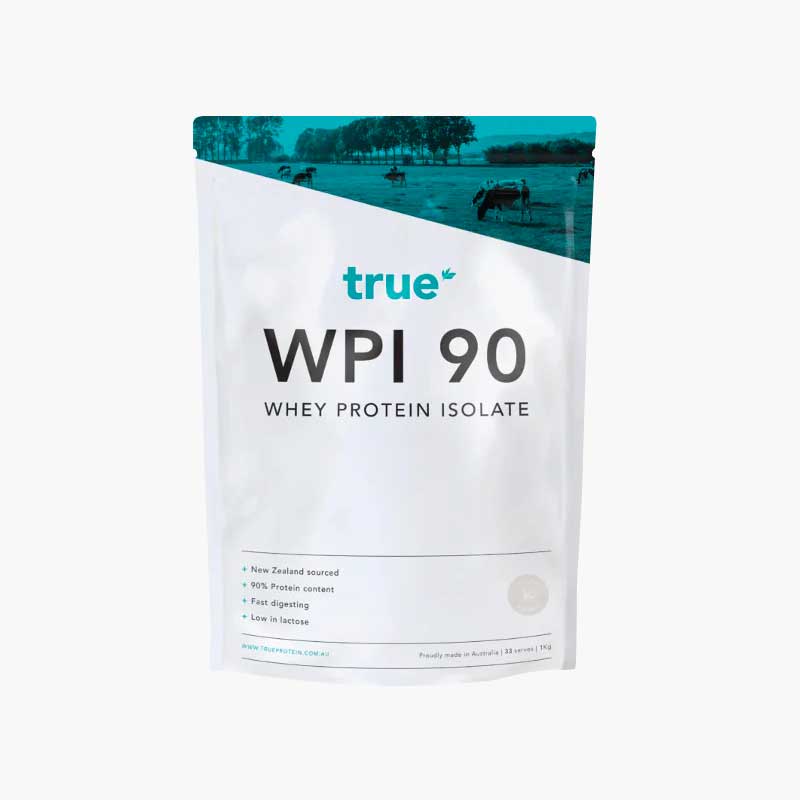
True Protein WPI 90
15g scoop = 13g protein
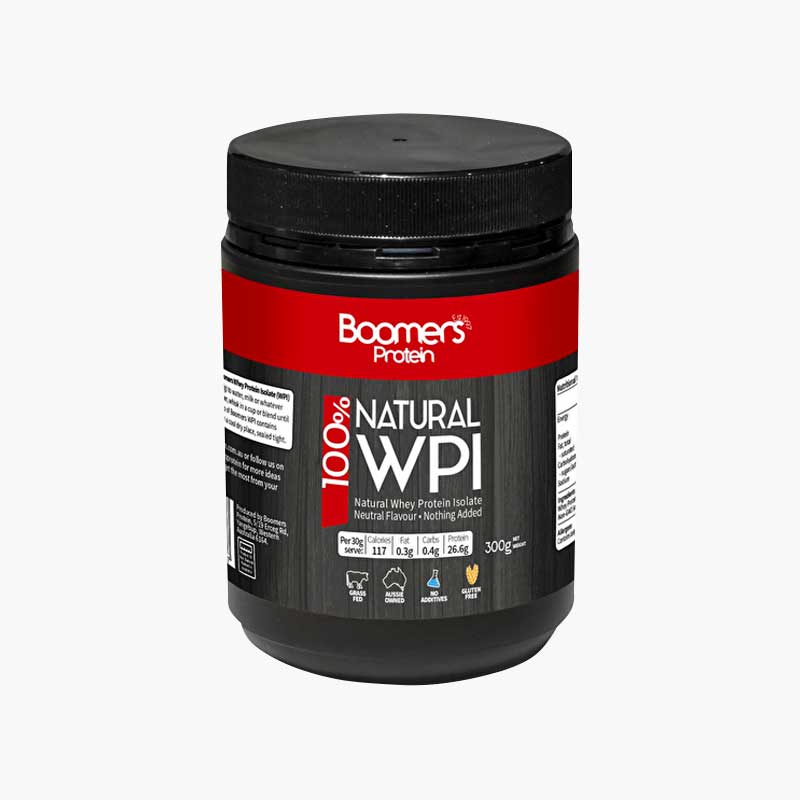
Boomers Protein Natural WPI
15g scoop = 13g protein
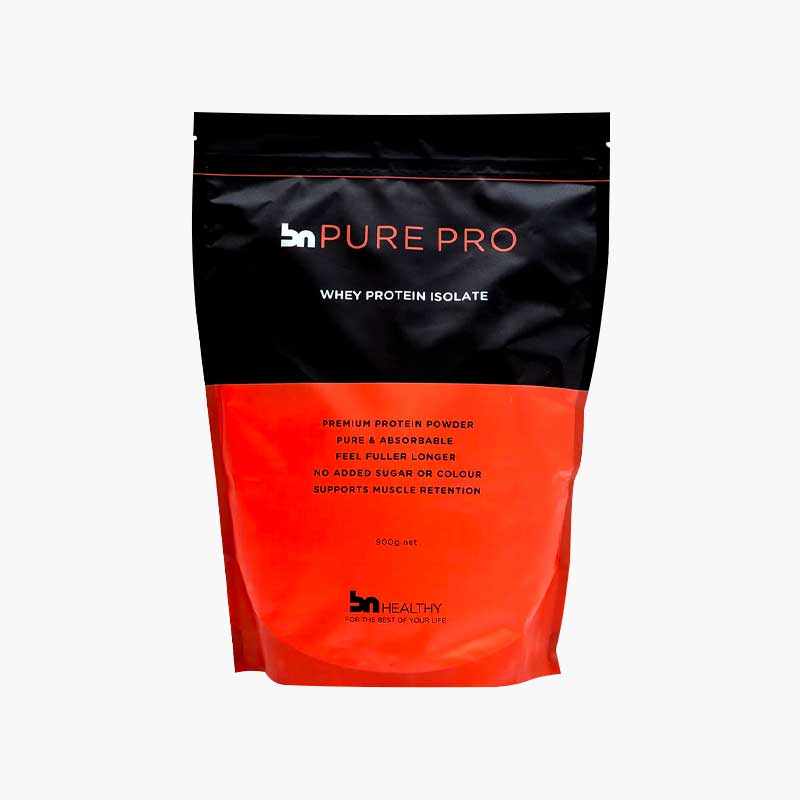
BN Pure Pro WPI
15g scoop = 13.5g protein
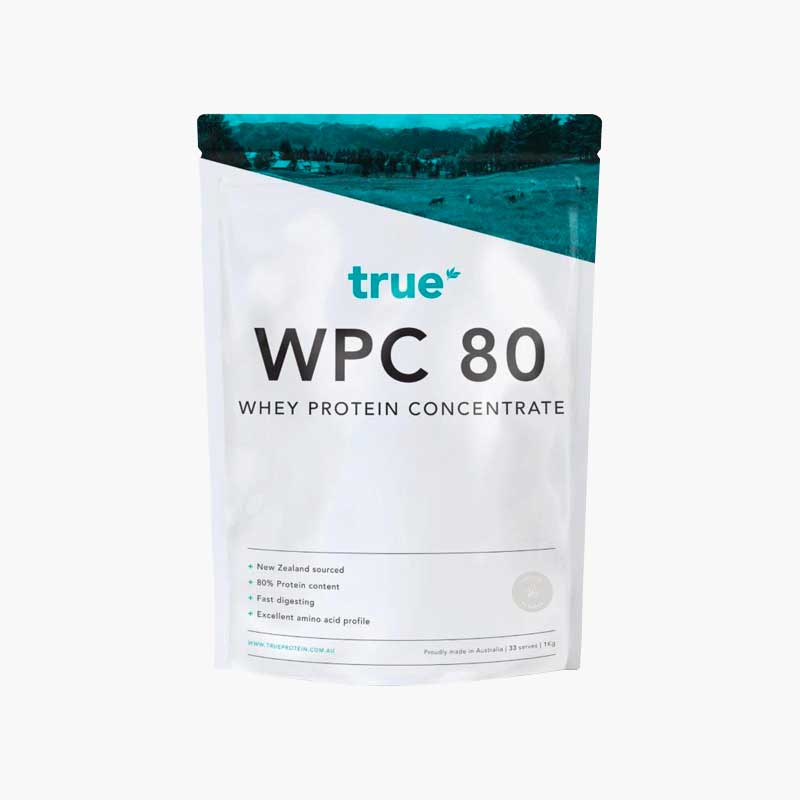
True WPC 80
15g scoop = 11g protein
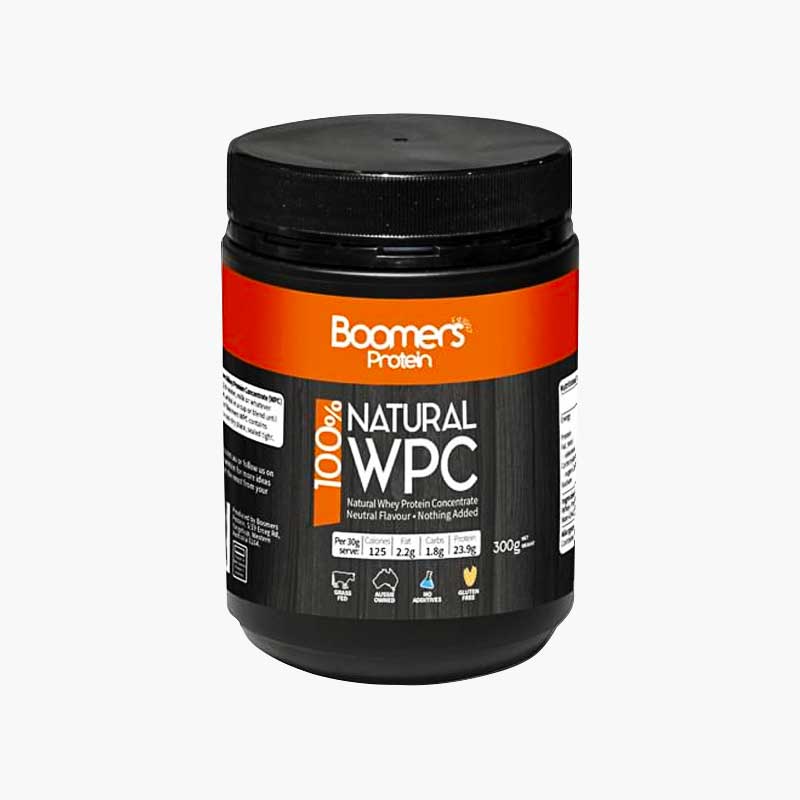
Boomer Protein Natural WPC
15g scoop = 12g protein
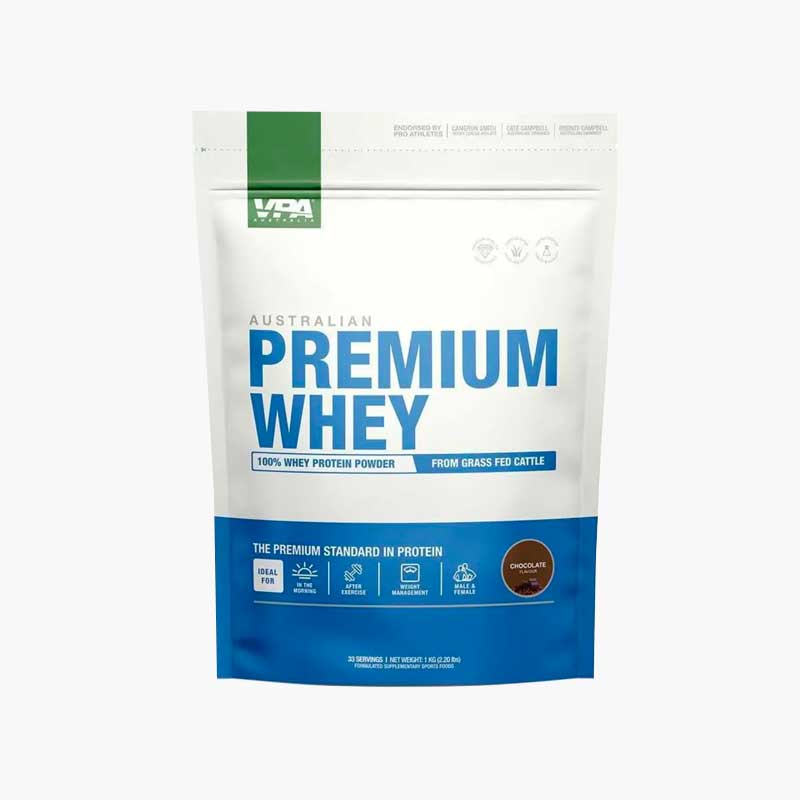
VPA Premium Whey
15g scoop – 12g protein
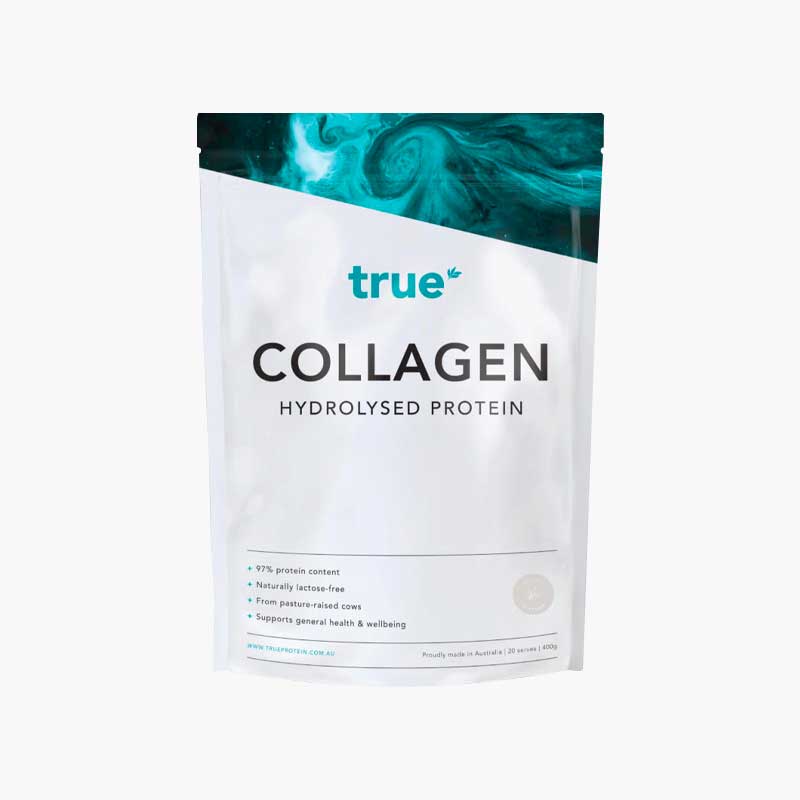
True Protein Collagen
15g scoop = 14.5g protein
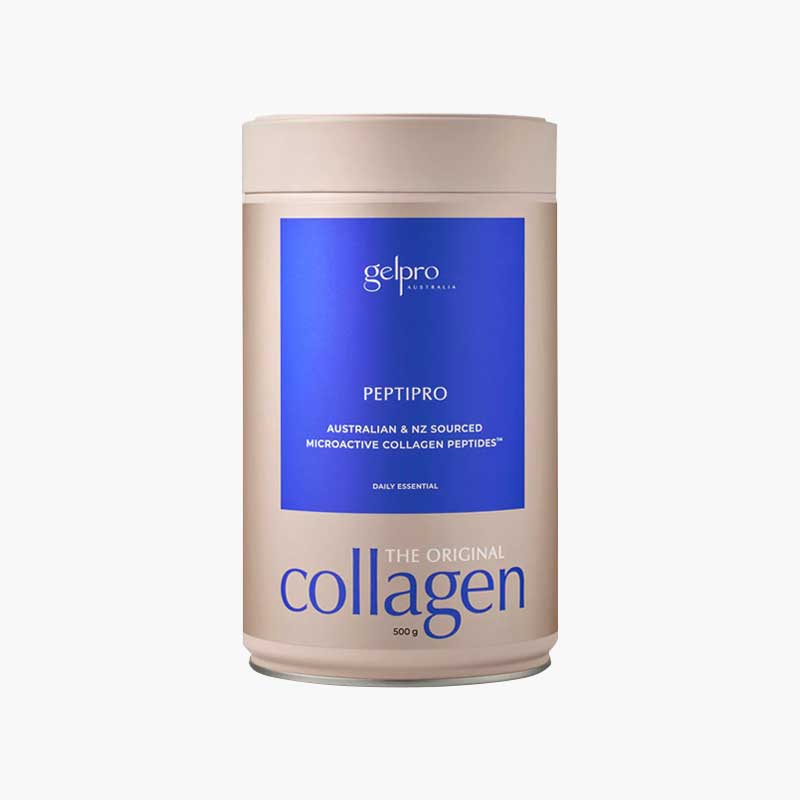
Gelpro peptipro
15g scoop = 14.5g protein
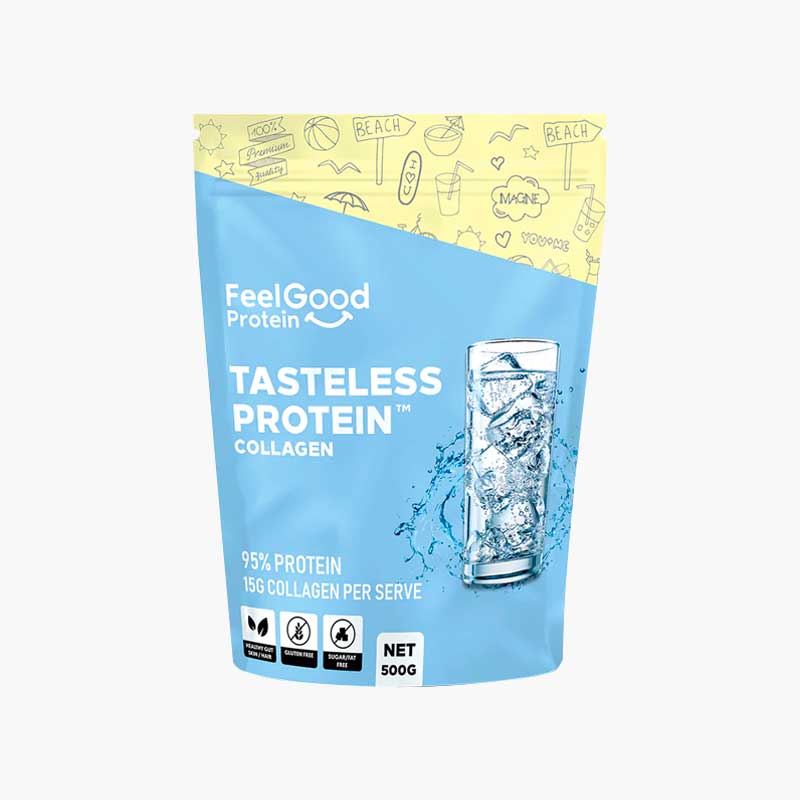
FeelGood Tasteless Protein
15g scoop = 14g protein
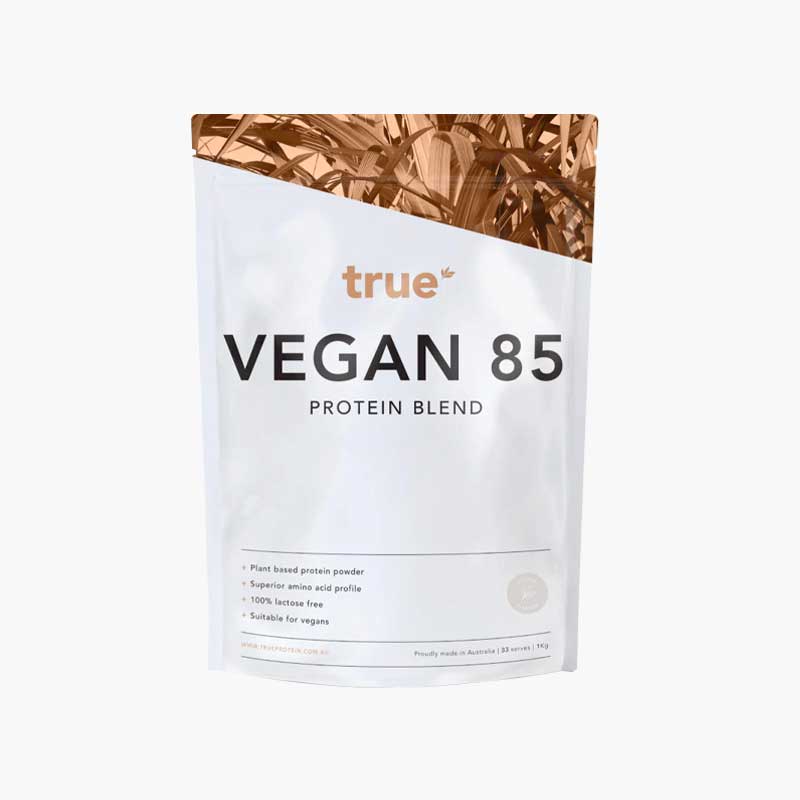
True Protein Vegan 85
15g scoop = 13g protein
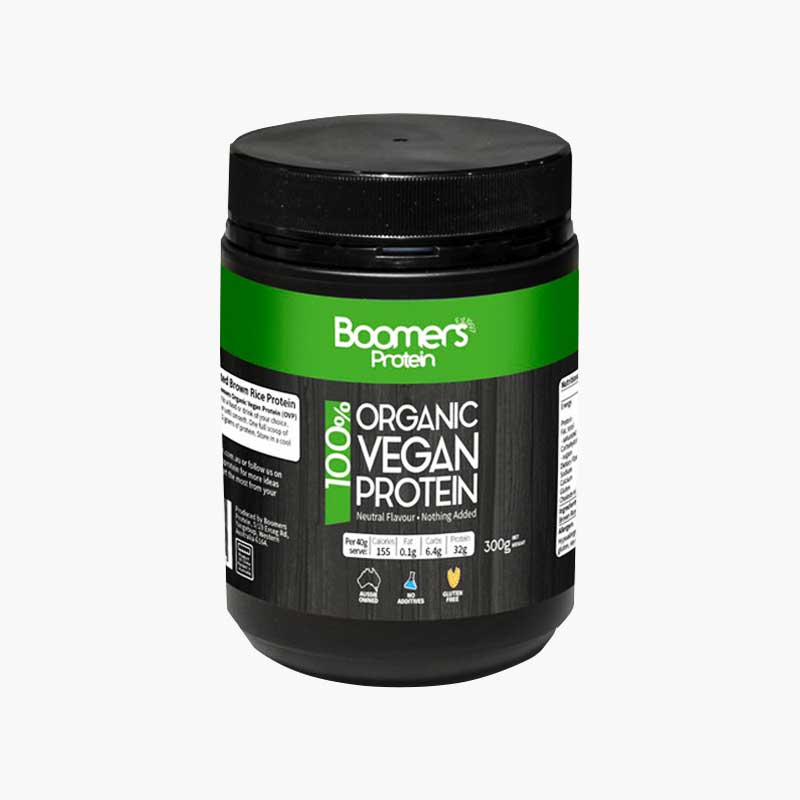
Boomers Organic Vegan
15g scoop = 13g protein
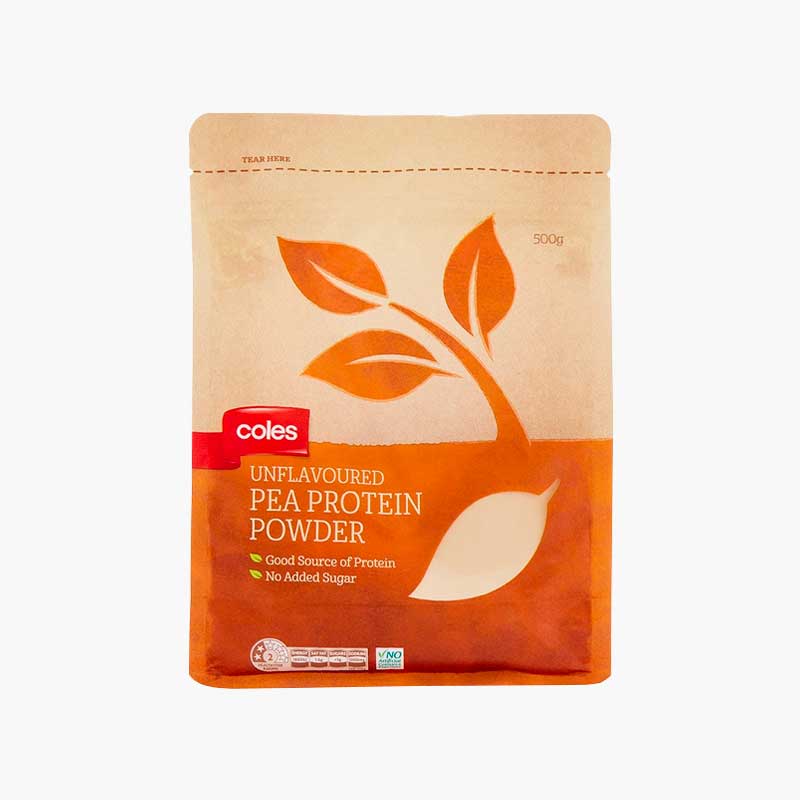
Coles Pea Protein Powder
15g scoop = 12 g protein
WHEY PROTEIN ISOLATE (WPI)

True Protein WPI 90
15g scoop = 13g protein

Boomers Protein Natural WPI
15g scoop = 13g protein

BN Pure Pro WPI
15g scoop = 13.5g protein
WHEY PROTEIN CONCENTRATE (WPC)

True WPC 80
15g scoop = 11g protein

Boomer Protein Natural WPC
15g scoop = 12g protein

VPA Premium Whey
15g scoop – 12g protein
COLLAGEN PROTEIN

True Protein Collagen
15g scoop = 14.5g protein

Gelpro peptipro
15g scoop = 14.5g protein

FeelGood Tasteless Protein
15g scoop = 14g protein
PLANT-BASED PROTEIN

True Protein Vegan 85
15g scoop = 13g protein

Boomers Organic Vegan
15g scoop = 13g protein

Coles Pea Protein Powder
15g scoop = 12 g protein
Shannon Lavery
Consultant Dietitian-Nutritionist